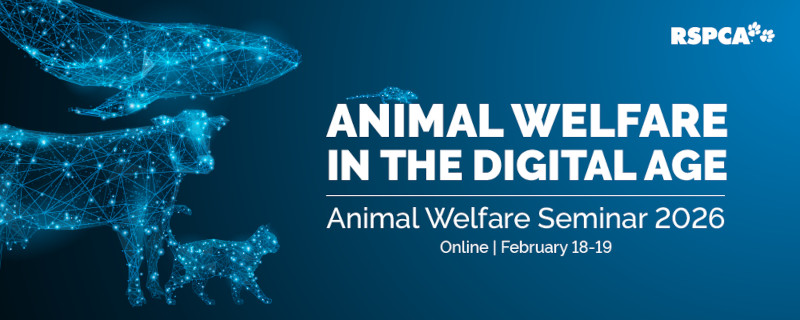| 8.1 | Fish |
| 8.1.1 | The RSPCA recognises that fish are sentient animals capable of experiencing pain and suffering. Therefore, fish should be treated humanely and practices that have the potential to cause injury, pain, suffering, or distress should be avoided. Note: Fish are an aquatic vertebrate with gills and fins. |
| 8.1.2 | The RSPCA advocates that fish are uniformly included under state and territory animal welfare legislation. See also: Policy Section A – Companion Animals Policy Section B – Farm Animals Policy Section C - Animals in Sport, Entertainment, Performance, Recreation and Work |
| 8.2 | Fishing methods |
| 8.2.1 | Where fishing is undertaken, the RSPCA advocates the use of methods and equipment that avoids injury, pain, suffering, or distress for both target and non-target animals and does not involve negative conservation or ecological impacts. |
| 8.2.2 | Fish caught for food or other consumption must be killed humanely as soon as possible after capture. |
| 8.2.3 | The RSPCA advocates that drift net, trawlers, and long-line fishing, which are indiscriminate and cause suffering, of target and non-target species, be replaced by more humane fishing methods. |
| 8.2.4 | The RSPCA believes there is a continuing need to improve the humaneness of current methods for the capture and killing of fish, including stunning prior to killing. The RSPCA advocates for further research, development, and training in this area. To meet growing community expectations that all fish/aquatic animals are killed humanely, RSPCA advocates for more government resources to first, educate the fishing industry on their obligations to treat fish/aquatics humanely and second to increase compliance monitoring of fishing activities. |
| 8.2.5 | The RSPCA supports the mandatory regulation of minimum standards for the design and use of all types of fishing nets. Specific attention should be given to the provision of escape mechanisms and other strategies to reduce by-catch and other non-target effects. |
| 8.3 | Shark culling, nets and drumlines The RSPCA advocates for the use of non-lethal mitigation strategies (e.g. drones, education, deterrents) to manage shark incidents and that these non-lethal options replace indiscriminate methods such as shark nets and drumlines which can cause suffering and distress to target and non-target species (see also E2.9). |
| 8.4 | Finning of sharks and other marine animals RSPCA Australia opposes the finning of sharks and marine animals and advocates for greater monitoring and enforcement to prevent this practice. Note: Finning involves removing the fins from live marine animals (e.g. sharks, rays) and then discarding them into the ocean to die a slow painful death. |
| 8.5 | Aquatic invertebrates |
| 8.5.1 | The RSPCA recognises that there are some species of aquatic invertebrates who are capable of experiencing pain and suffering. These include cephalopods (e.g. octopus, squid, and cuttlefish) and some large crustaceans (e.g. lobsters, crayfish, and crabs). Therefore, these animals should be treated humanely and practices that have the potential to cause pain, injury, suffering, or distress should be avoided. |
| 8.5.2 | The RSPCA believes that these species should be uniformly included under state and territory animal welfare legislation. |
| 8.6 | Species held in live tanks in restaurants and seafood retail outlets |
| 8.6.1 | The RSPCA opposes the holding of live fish, crustaceans, and cephalopods in tanks in restaurants and seafood retail outlets prior to being killed for human consumption due to high risk of conditions which cause injury, pain, suffering, or distress including overcrowding, lack of natural substrate, and excessive noise, light, vibration, and movement. |
| 8.6.2 | Where live fish, crustaceans, and cephalopods are held in tanks intended for human consumption in restaurants and seafood retail outlets, operators must be skilled and competent and must comply with mandatory welfare standards, including humane killing methods. |
(adopted 08/04/2024)

